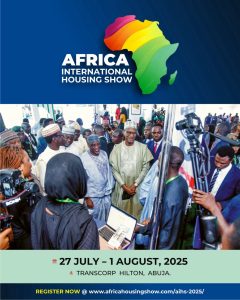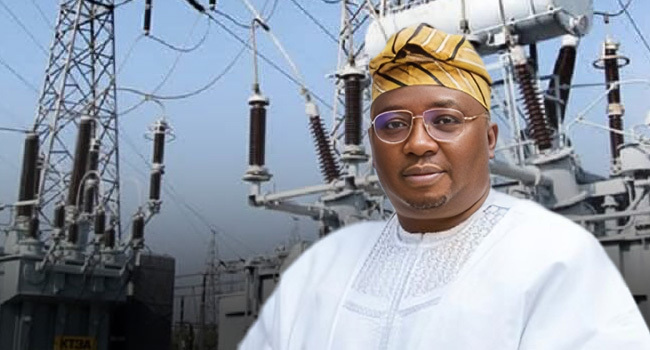The Minister of Power, Adedayo Adelabu, has revealed that approximately 150 million Nigerians now have access to adequate electricity, although around 80 million people still lack reliable power supply.
Speaking during the 2025 Ministerial Sectoral Update Conference in Abuja on Thursday, Adelabu attributed this progress to Nigeria’s participation in the Mission 300 initiative—an ambitious program spearheaded by the World Bank and the African Development Bank (AfDB) aimed at expanding electricity access to 300 million Africans by 2030.
“The compact sets ambitious goals to enhance electricity access, increase renewable energy adoption, and improve clean cooking solutions for millions of Nigerians — that is Mission 300, and we are making good progress on this,” he said.
He noted that Nigeria is expected to contribute about 25% of the total target, equating to 75 million Nigerians.
With a population exceeding 240 million, Nigeria now reportedly provides access to adequate electricity for 150 million people. However, the minister emphasized that the core challenge lies in the reliability and affordability of that access.

He urged global financiers and partners to prioritise investment in Nigeria’s national grid infrastructure alongside rural, renewable-based solutions, warning against an overemphasis on off-grid renewables alone.
Adelabu also highlighted recent gains in power generation capacity. Nigeria has increased its generation to 6,003 megawatts, an improvement of 1,700MW in just 18 months under President Bola Tinubu’s administration.
He further disclosed that the Kaduna Power Plant is expected to come on stream by the end of 2025, while efforts are underway to close Nigeria’s metering gap.
Addressing financial reforms in the sector, Adelabu said that recent tariff adjustments had increased revenue by ₦700 billion. In April 2024, the Nigerian Electricity Regulatory Commission (NERC) approved a tariff hike for Band A customers—those receiving at least 20 hours of electricity daily—from ₦68 to ₦225 per kilowatt-hour, affecting about 1.9 million users.
The government defended the move, citing the unsustainable cost of electricity subsidies, projected at ₦2.9 trillion in 2024. Even with the revised tariffs, ₦2.8 trillion was still budgeted for subsidies. NERC estimated the reform would cut subsidy costs by ₦1.14 trillion.
However, the tariff hike has faced backlash. The Institute of Chartered Accountants of Nigeria (ICAN) labeled it “an additional burden,” while the Abuja Chamber of Commerce and Industry warned of its impact on SMEs.
Despite improvements, Nigeria’s national grid remains fragile, suffering at least 12 collapses in 2024 alone. The Transmission Company of Nigeria (TCN) attributed these failures to aging infrastructure, vandalism, and gas supply disruptions.
Adelabu advocated for the regionalisation of the grid to minimise the impact of nationwide failures and enhance responsiveness. He also raised concerns about the country’s dependency on imported power equipment, which continues to pressure foreign reserves.
As a result of grid unreliability, many Nigerians have turned to off-grid solutions. Generators alone now produce an estimated 40,000 megawatts—over eight times what the national grid transmits. Some states are actively developing mini-grids and independent power markets to diversify supply.
“Until the national grid becomes truly reliable, Nigerians—both businesses and individuals—will continue to seek alternatives. Our task is to reverse that trend by fixing the fundamentals,” Adelabu concluded.



